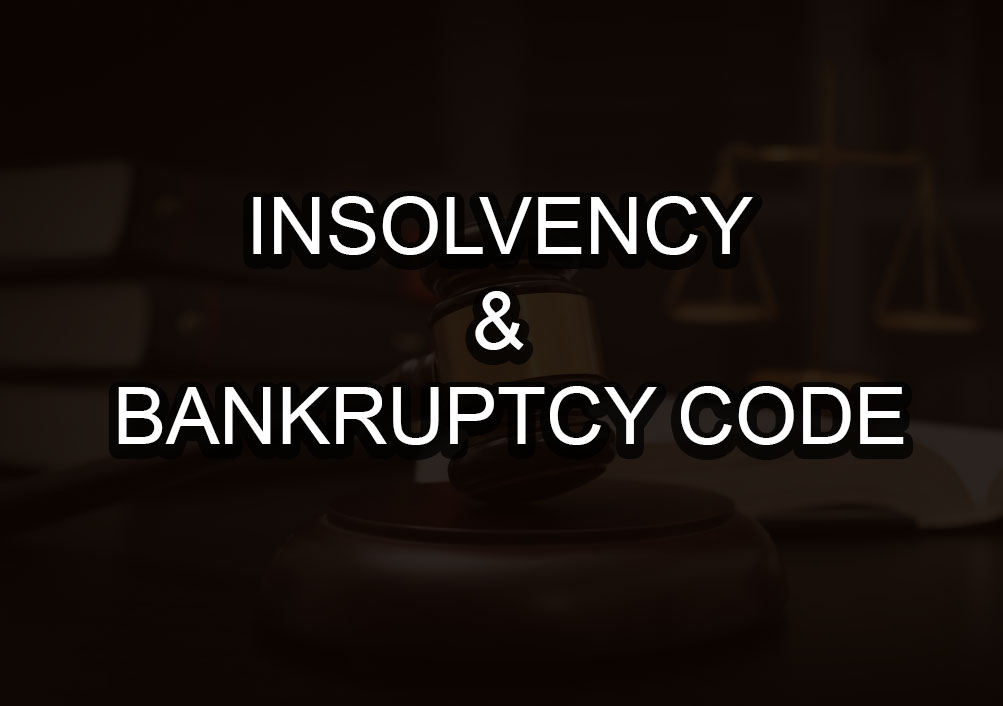Decision of CoC’s ‘commercial wisdom’ is non-justiciable, except on limited grounds as are available for challenge u/s 30(2) or 61(3) of IBC: SC

Read Judgment: Ngaitlang Dhar vs. Panna Pragati Infrastructure Private Limited & Others
Pankaj Bajpai
New Delhi, December 20,2021: The Supreme Court has reiterated that it is not open to the Adjudicating Authority (NCLT) or the Appellate Authority (NCLAT) to take into consideration any other factor other than the one specified in Section 30(2) or Section 61(3) of the Insolvency and Bankruptcy Code, 2016 (IBC).
The Division Bench of Justice L. Nageswara Rao and Justice B.R. Gavai therefore observed that opinion expressed by the Committee of Creditors (CoC) after due deliberations in the meetings through voting, as per voting shares, is the collective business decision and that the decision of the CoC’s ‘commercial wisdom’ is non-justiciable, except on limited grounds as are available for challenge u/s 30(2) or Section 61(3) of the IBC.
The background of the case is that, pursuant to an application filed u/s 7 of IBC for initiation of CIRP in respect of Meghalaya Infratech Ltd. (Corporate Debtor) by the Allahabad Bank, the NCLT admitted the petition and as such, appointed Amit Pareek as Resolution Professional (RP). Thereafter, Expression of Interest (EOI) was invited from the prospective Resolution Applicants and accordingly, Ngaitlang Dhar (Appellant), PPIPL (first Respondent), Abhishek Agarwal and Ashish Jaisasaria submitted their EOI.
Later, the CoC with a 100% voting share, approved the Resolution Plan of the appellant, which was further approved by the NCLT. This came to be challenged by the first Respondent seeking a direction to the RP to take on record its revised Resolution Plan. The same was rejected by the NCLT. However, the NCLAT allowed the company appeals filed by the first Respondent. Hence, present appeal before Apex Court.
After considering the arguments and evidences, the Apex Court found that the RP as well as the CoC had acted in a totally transparent manner, as an equal opportunity was accorded to all the prospective Resolution Applicants.
However, the first Respondent – PPIPL, without improving his bid amount, went on insisting for more time, which request was specifically rejected by the CoC, added the Court.
Speaking for the Bench, Justice Gavai noted that ‘commercial wisdom’ of the CoC has been given paramount status without any judicial intervention, for ensuring completion of the processes within the timelines prescribed by the IBC.
“The CoC was facing the timeline, which was to end on 24th February, 2020, before which it had to finalise its decision. In these circumstances, it cannot be said that the decision of the CoC, to not grant any further time to PPIPL for submission of its revised bid and to finalise the Resolution Plan on 12th February, 2020 itself, can be said to be falling in the category of the term ‘material irregularity”, observed the Division Bench.
Justice Gavai however clarified that u/s 61(3)(ii) of the IBC, an appeal would be tenable if there has been material irregularity in exercise of the powers by the RP during the corporate insolvency resolution period.
Therefore, while concluding that the dominant purpose of the IBC is revival of the Corporate Debtor and making it an ongoing concern, the Apex Court observed that in the present case, the said purpose is already achieved, inasmuch as all the dues of the financial creditors, i.e., the Allahabad Bank and the Corporation bank, have already been paid, and the Corporate Debtor, in respect of which CIRP was initiated, is now an ongoing concern.
Sign up for our weekly newsletter to stay up to date on our product, events featured blog, special offer and all of the exciting things that take place here at Legitquest.




Add a Comment